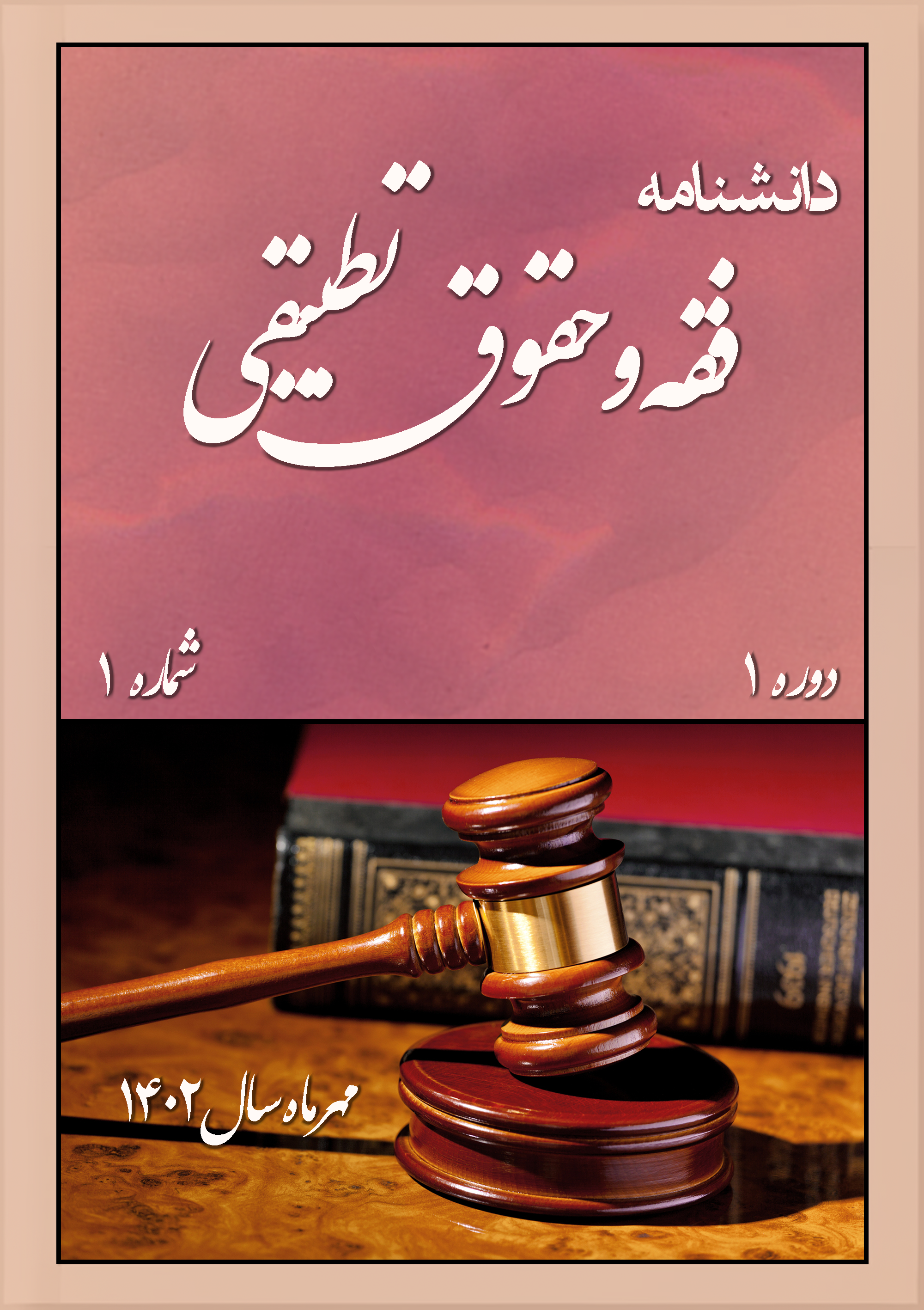The Role of Comparative Environmental Law in Islam and the West with Emphasis on the Theories of Henry David Thoreau and Seyyed Hossein Nasr
Keywords:
Environmental law, Islam, West, Henry David Thoreau, Seyyed Hossein Nasr, comparative study, challenges, solutionsAbstract
This article examines comparative environmental law in Islam and the West, focusing on the theories of Henry David Thoreau and Seyyed Hossein Nasr. Initially, the theoretical foundations of environmental law are explored from the perspectives of the Quran, Sunnah, Ijma, and Qiyas in Islam, as well as environmental laws in the West. The study then delves into the viewpoints of Thoreau and Nasr, analyzing their commonalities and differences. Findings indicate that both thinkers emphasize the intrinsic value of nature and the importance of its protection, yet they approach this subject differently. Thoreau highlights personal experience and direct observation of nature, while Nasr stresses the deep connection between religion and nature. Major challenges in implementing environmental laws in both legal systems include legal and administrative hurdles and cultural and social differences. Proposed solutions involve strengthening regulatory institutions, promoting religious and cultural teachings related to environmental protection in Islamic countries, and enhancing existing laws and promoting sustainable lifestyles in Western countries. Future research suggestions include further comparative studies of other thinkers, field studies, and economic and social impact analyses of environmental laws.










